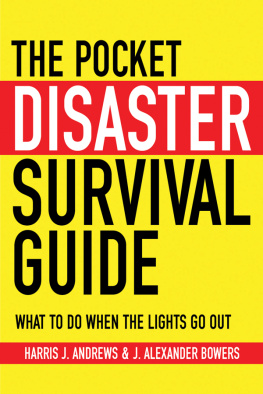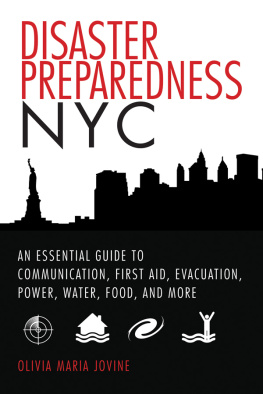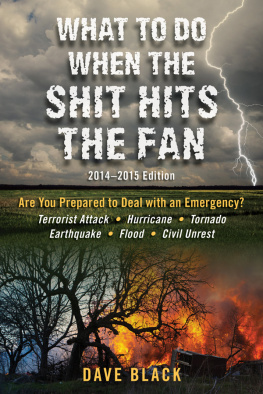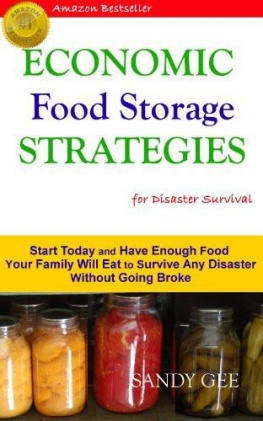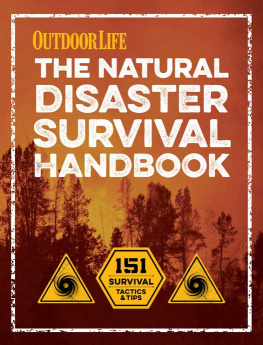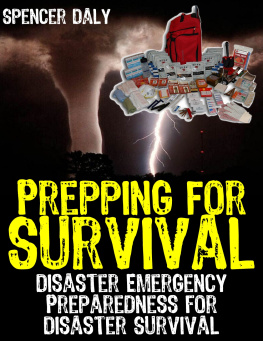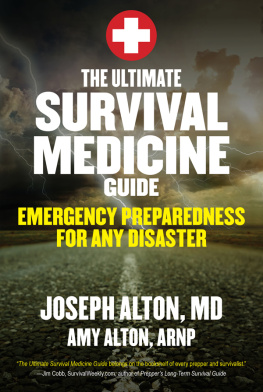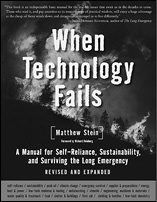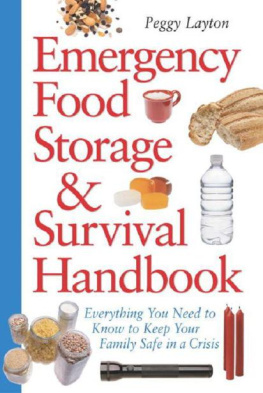Copyright 2010 by Skyhorse Publishing, Inc.
All Rights Reserved. No part of this book may be reproduced in any manner without the express written consent of the publisher, except in the case of brief excerpts in critical reviews or articles. All inquiries should be addressed to Skyhorse Publishing, 307 West 36th Street, 11th Floor, New York, NY 10018.
Skyhorse Publishing books may be purchased in bulk at special discounts for sales promotion, corporate gifts, fund-raising, or educational purposes. Special editions can also be created to specifications. For details, contact the Special Sales Department, Skyhorse Publishing, 307 West 36th Street, 11th Floor, New York, NY 10018 or .
Skyhorse and Skyhorse Publishing are registered trademarks of Skyhorse Publishing, Inc., a Delaware corporation.
Visit our website at www.skyhorsepublishing.com.
10 9 8 7 6 5 4 3
Library of Congress Cataloging-in-Publication Data is available on file.
ISBN: 978-1-60239-992-1
Printed in China
This book is dedicated
to all emergency professionals and
volunteers, public safety personnel,
relief workers and all those who just wade
in to help their neighbors during a crisis.
Thank you.
CONTENTS















INTRODUCTION

Every year, thousands of people throughout North America find themselves faced with an unexpected emergency. They face hurricanes, tornadoes, or simply a windstorm and loss of power. Suddenly, they find themselves depending upon their own means and abilities to stay comfortable or in the worst case, alive.
Our world has become dependent on complex, interlinked public services that provide the basic necessities of life. We light our homes with electricity from continent-spanning power grids. Clean water is delivered into our homes through sanitary underground pipes, purified of harmful organisms by regional treatment systems. Other vast systems carry away and purify our garbage and waste products. Complex transportation networks, powered by electricity and gasoline, move along rail and road systems to deliver food and other daily needs to distribution points near our homes. We store and cook our food with appliances powered by electricity or piped-in natural gas. The examples of our dependence on technology for the basics of existence are endless.
Our technological network can be fragile. A severe windstorm or even a minor glitch in the management of the power grid can cut off most of our sources of clean water, food, heat, and light. In the worst case, a major disasterhurricane, tornado, earthquake, or winter stormcan wreck water, sewage, and power systems; disrupt communications and destroy homes, businesses, and transportation systems. You may have to sit in the dark for a few hoursbut in the worst case, you may have to dig yourself out of the rubble and survive until help comes.
Getting along successfully during and after any disaster calls for a combination of preparedness, knowledge, and a minimum selection of the right supplies. The Pocket Disaster Survival Guide is a comprehensive and easy-to-use pocket guide to the basic information you need to handle a wide range of emergency situations. This book deals with survival and coping basics ranging from vital elements such as water, food, and personal safety to the know-how and equipment you need to make life bearable in the aftermath of a natural or man-made disaster.
Read this book ahead of time so that you can be prepared to make informed, well-considered decisions about the level of preparedness you need to keep safe during and after trying times. This book can be with you in the aftermath of a disaster, acting as a reminder of those things you need to know under stressful and confusing situations. Ultimately, the pocket guide will help you prepare for that moment when the lights go out.
1. EMERGENCY PREPAREDNESS

We usually dont want to wish trouble upon ourselves, but the possibility of facing a major or minor natural or man-made disaster is always present. It is always a good idea to learn how to protect yourself and cope with disaster by planning ahead; when disaster strikes you may not have much time to act. Take time to learn about the potential hazards that may occur in your region and find out about your communitys disaster response plans and procedures for warning and evacuation. Above all, take basic, sensible precautions and learn what to do if you face an emergency.
EMERGENCY PLANS
Create a plan for the family.
Find the safe locations in your home for each type of disaster you may have to face.
Make sure all family members, including children, know how and when to call 911, police and fire, and post emergency telephone numbers near telephones.
Discuss what to do about power outages and teach family members how to turn off the water, gas, and electricity at main switches when necessary.
Pick two emergency meeting places: A place near your home and a place outside your neighborhood in case you cannot return home after a disaster.
Find out about your childrens school emergency plan and monitor local media broadcasts for directions from local emergency officials announcements about changes in school openings and closings. In cases where schools initiate shelter-in-place procedures, you may not be permitted to pick up your children; the school doors will probably be locked for safety.

